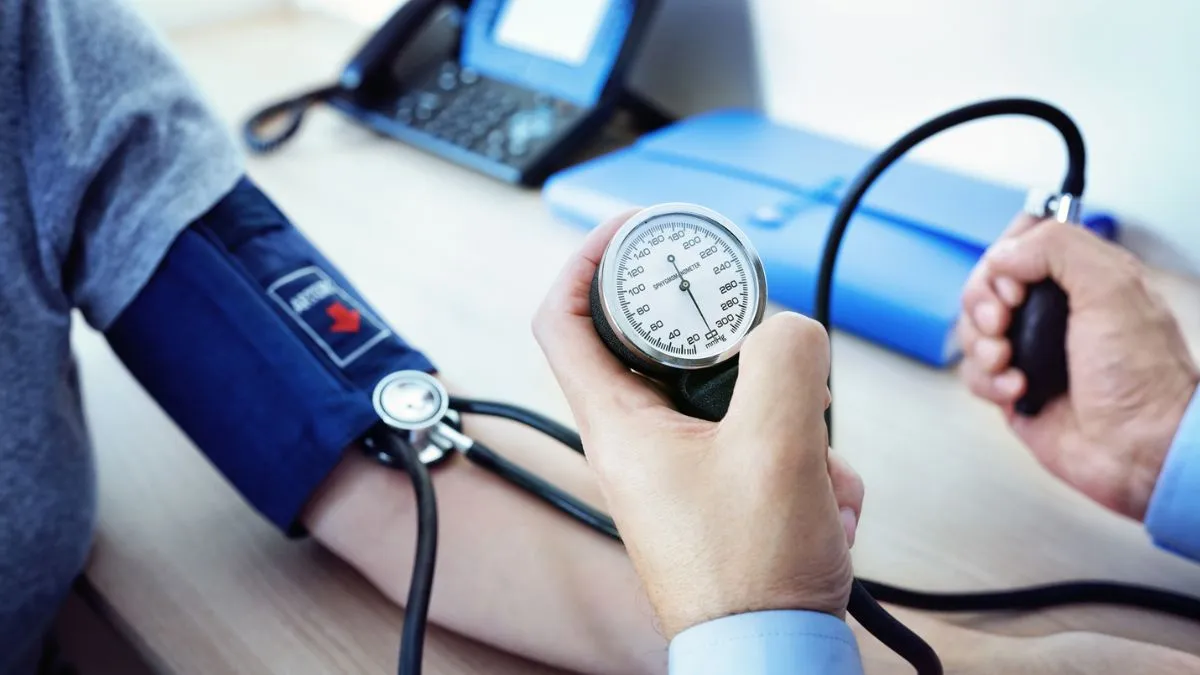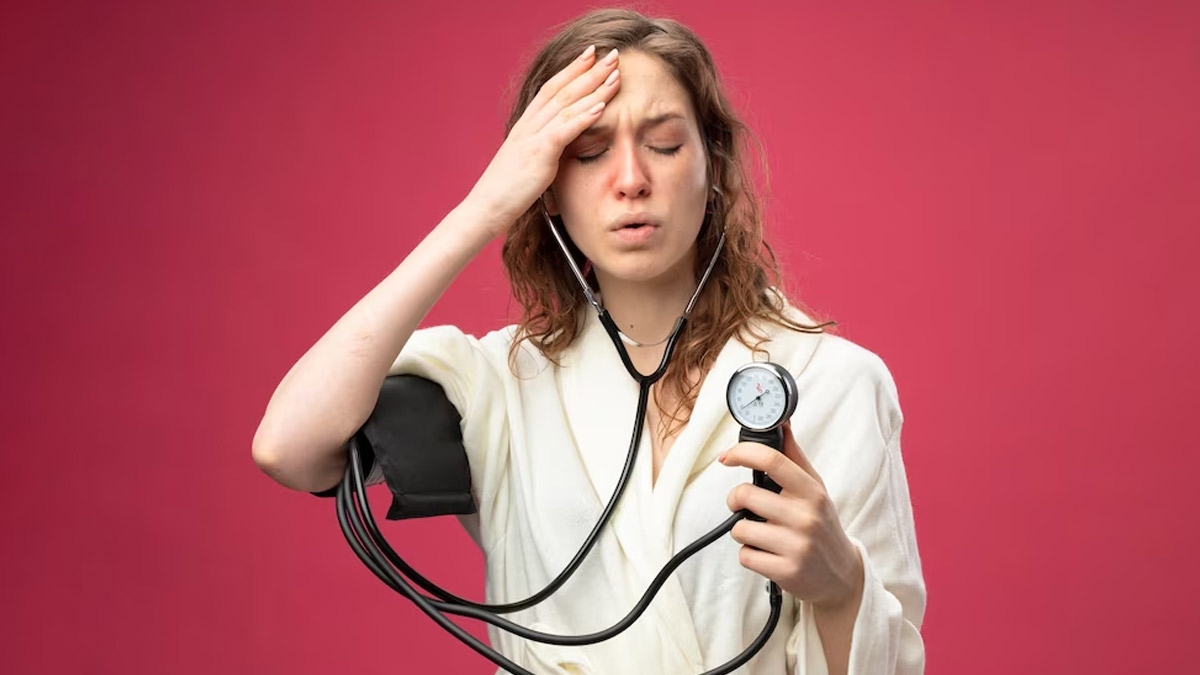
Blood pressure is something most people have heard about, but not everyone pays attention to it until it starts causing problems. Whether it’s a routine health check at work or a sudden dizzy spell at home, understanding blood pressure is essential for everyone. The highs and lows, known as hypertension and hypotension, can impact your health and even your daily quality of life.
Table of Content:-
We often hear about “high blood pressure”, but what about when it dips too low? Blood pressure troubles can swing both ways. To explain how these extremes affect the body, we spoke with Dr Pooja Pillai, Consultant – Internal Medicine, Aster CMI Hospital, Bangalore. She lays out how blood pressure works and why deviations matter.
How Blood Pressure Works![Hypotension vs Hypertension Hypotension vs Hypertension]()
“Blood pressure refers to blood being pushed against the inner walls of your arteries while your heart is doing its pumping job,” says Dr Pillai. “Two numbers express it in figures: systolic (pressure when the heart beats) and diastolic (pressure when the heart rests).”
She adds, “Normal blood pressure is generally close to 120/80 mmHg. If your blood pressure drops below that or rises above it, health problems may follow.”
ALSO READ: Does Drinking Water from Plastic Bottles Weaken Your Bones? Here’s What Science Says
Hypotension: When Blood Pressure Falls Too Low![]()
When blood pressure falls under about 90/60 mmHg, doctors consider it hypotension or low blood pressure. People may feel:
- Dizziness or lightheadedness
- Weakness or fatigue
- Blurry vision
- Nausea
- Fainting in severe cases
Dr Pillai explains possible causes:
- Low fluid or dehydration
- Sudden changes in posture (standing up too quickly)
- Some medications (diuretics, blood pressure drugs)
- Heart problems or arrhythmias
- Severe infections (sepsis)
She recommends treatment like:
- Drinking more water
- Eating small, frequent meals
- Using salt (if advised)
- Taking medicines under medical guidance
While low blood pressure is less talked about, it can impair blood flow to important organs, especially if it’s sudden or severe.
Hypertension: The “Silent Killer”![]()
On the other hand, Dr Pillai explains that hypertension occurs when blood pressure remains at or above 140/90 mmHg persistently. It’s often called a “silent killer” because early on, most people feel fine. But untreated high pressure leads to serious risks:
- Damage to the heart, kidneys, and brain
- Higher chance of heart attacks and strokes
Common risk factors include:
- Excess salt intake
- Stress, smoking
- Overweight or obesity
- Sedentary lifestyle
Dr Pillai stresses, “High blood pressure isn’t obvious at first. But over time, it quietly harms major organs.” To control it, doctors often prescribe lifestyle changes plus medication: reduce salt, exercise, a balanced diet, stop smoking, and take prescriptions regularly.
The Importance of Monitoring Your BP![]()
Dr Pillai emphasises, “Both low and high blood pressure can severely affect overall health and quality of life. One must always keep an eye on one’s blood pressure.” Simple habits go a long way in prevention:
- Drink plenty of water each day
- Choose healthy foods over processed ones
- Manage your stress with relaxation or mindfulness techniques
- Limit alcohol and avoid smoking
- Regular home monitoring and routine check-ups can spot problems early.
According to the WHO, high blood pressure (hypertension) is responsible for an estimated 10.8 million deaths worldwide every year, making it the leading risk factor for cardiovascular diseases, including stroke and heart attack. The report highlights that nearly 1.3 billion people globally live with hypertension, but only about one in five have their condition under control.
ALSO READ: Silent Symptoms Of High Blood Pressure: How To Detect High BP Before It’s Too Late
Conclusion
Blood pressure is more than just a number. Low or high, it affects how organs function, how you feel day to day, and what long-term risks you face. Know your numbers. If you feel dizzy, weak, or have headaches, don’t dismiss them. With guidance from doctors, proper diagnosis and management can keep your pressure and your life in a healthier balance.
Also watch this video
How we keep this article up to date:
We work with experts and keep a close eye on the latest in health and wellness. Whenever there is a new research or helpful information, we update our articles with accurate and useful advice.
Current Version
Oct 12, 2025 08:15 IST
Modified By : Vivek KumarOct 12, 2025 08:15 IST
Modified By : Vivek KumarOct 12, 2025 08:15 IST
Modified By : Vivek KumarOct 12, 2025 08:15 IST
Published By : Vani Malik



